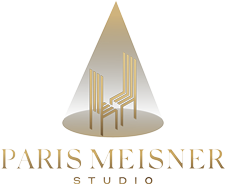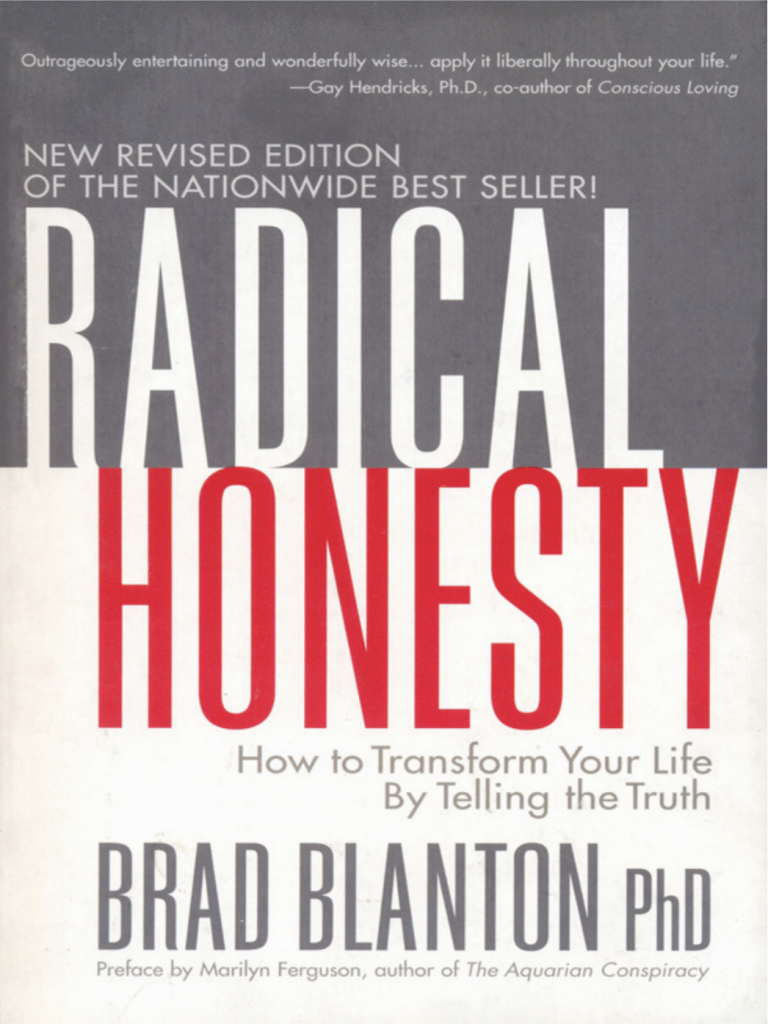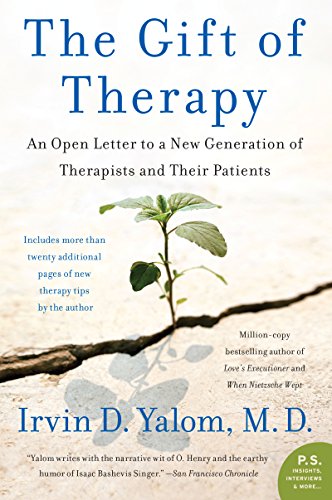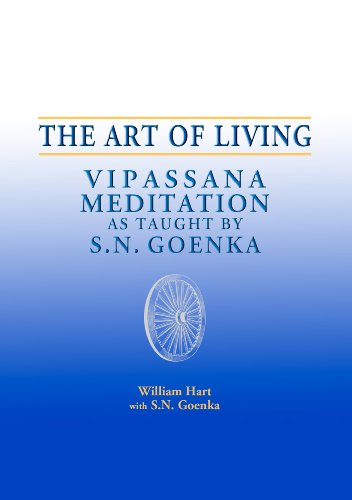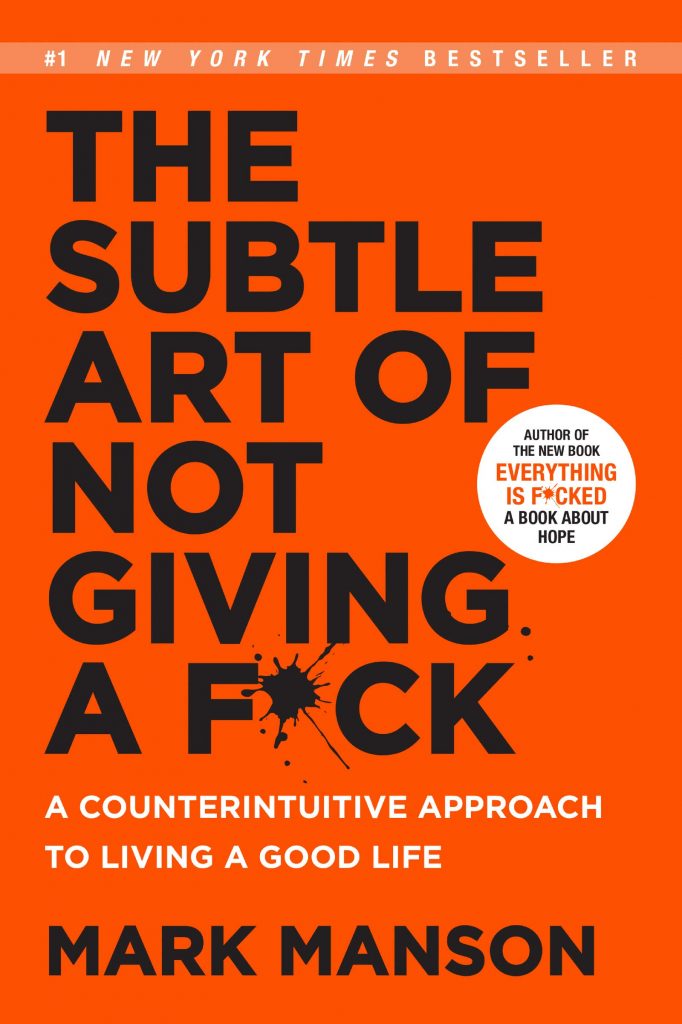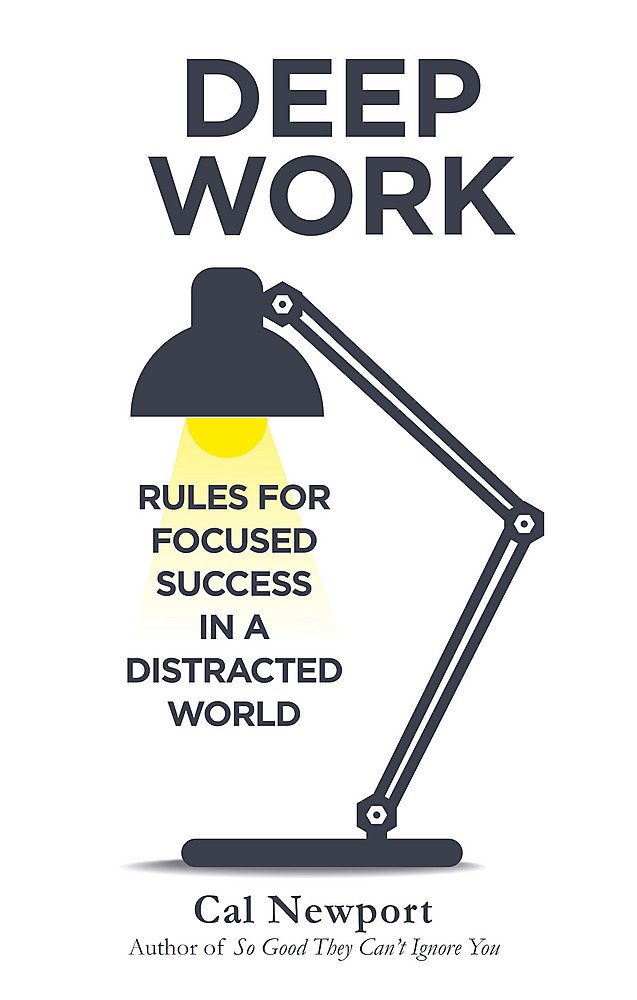This Level 1 Reading List 🥉 is the one we recommend to students who’d like to start progressing before the beginning of the term.
🤭 You’ll notice that none of these seven books are about acting, and if you’re wondering why, we’ll talk about it during the first class when we explore this topic.
📚 You can read these books at your own pace, in any order, throughout this term.
⏳ There’s no rush, but they’re valuable complementary resources that you can start exploring right away if you’d like.
🧑💻 You can even begin by looking up summaries in articles, YouTube videos or other formats before taking the time to read them fully.
🧐 The idea is simply to start familiarizing yourself with a few key concepts that will form a shared foundation for this program.
👉 Ideally, you can go through them in the following order:
TELLING THE TRUTH
Brad Blanton is an American psychotherapist. He was, among others, a student of Fritz Perls (founder of Gestalt Therapy) and Milton Erickson (founder of Ericksonian hypnosis).
The subtitle of his book sums up his main contribution to contemporary psychotherapy: “How to transform your life by telling the truth.”
And placing yourself in a state of receptivity, as we practice on stage as well. These ten letters were written by the poet Rainer Maria Rilke to a young man he had never met, Franz Xaver Kappus, who had written to him for advice. They are now seen as a spiritual guide or a universal manual of creativity that goes far beyond the practice of writing or poetry.
"I would like to beg you, as much as I know how, to be patient in the face of everything that is not resolved in your heart. Strive to love your questions themselves, each one like a room that is closed to you, like a book written in a foreign language. Do not look for answers that cannot be given to you at this time, because you would not know how to put them into practice, to "live" them. And it is precisely a question of living everything. Live for the moment only your questions."
Rainer Maria Rilke
Irvin Yalom is an American psychiatrist and psychotherapist, as well as a prolific author. The existential psychotherapy approach he’s known for, rooted in Husserl’s phenomenology, aligns closely with the Meisner work as we approach it in class.
"For many of our patients the realm of intimacy is a source of conflict, and therapy helps them simply because they have an intimate relationship with the therapist (...) an intimate and caring therapeutic relationship that does not turn into the feared catastrophe becomes a corrective emotional experience."
Irvin Yalom
John O. Stevens is a Gestalt Therapy practitioner and author. Through practical exercises, he offers an autonomous exploration of our phenomenology, revealing unconscious patterns that limit our experience and cultivating greater presence in everyday life. A valuable resource for developing interpersonal skills, managing complex emotions, or simply deepening one’s existential awareness, this book has significantly influenced our approach to acting and pedagogy.
One of the oldest meditation techniques from India, attributed to the Buddha more than 2,500 years ago, Vipassana as taught by S. N. Goenka is a complete phenomenological approach, deeply connected to our work. For actors who practice it regularly, it becomes a natural form of psychological reinforcement and a way to reconnect with the body in the present moment. It’s best to read this book after attending a first 10-day retreat (free of charge).
A contemporary neuroscientist and philosopher, Sam Harris has written extensively on a range of topics and created a meditation app based on Vipassana and mindfulness.
In Lying, he explores the mental freedom that comes from the willingness to tell the truth in all circumstances (or at least, not to lie) beyond its moral dimension.
"Knowing that we will try to tell the truth, under any circumstances, leaves us little to prepare for. Knowing we've told the truth in the past leaves us with nothing to keep in mind. We can simply be ourselves in every moment."
Sam Harris
Mark Manson is a contemporary author and successful blogger. His 2016 book The Subtle Art of Not Giving a Fck*, based on his viral article of the same name, is an accessible best-seller about psychological freedom in a hyperconnected world that constantly overwhelms and paralyzes us.
The “subtlety” he refers to has everything to do with the paradoxes of letting go that actors face in their work, when the desire to perform well can easily become counterproductive.
"The desire to have a more positive experience is itself a negative experience. And, paradoxically, the acceptance of one's negative experience is itself a positive experience."
Mark Manson
Cal Newport is an American author and computer science professor who studies distributed systems and network theory. His work focuses on the psychological and practical damage caused by technology, especially social media, on our concentration and productivity.
His principles are invaluable to actors, both for managing professional life and, above all, for training attention: cultivating the capacity for deep, sustained focus.
